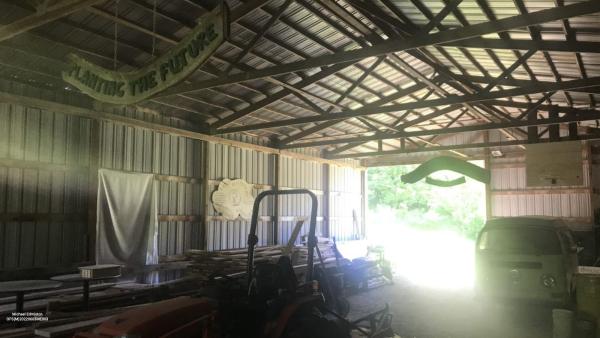Planting Change: The Impacts of a Medicinal Plant Sanctuary
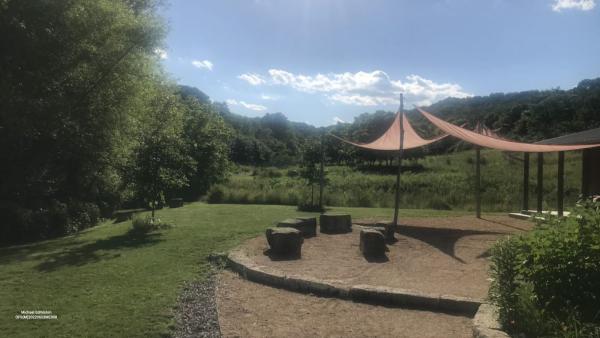
Nestled in the foothills of Appalachian Ohio is a living library, a sanctuary filled with medicinal plants that have been endangered by a combination of habitat loss, over-harvesting, and the depredations of industry upon the land. United Plant Savers (UpS), a stretch of land brought back to life after it had been strip-mined and left for dead, is home not only to an astounding range of medicinal plants, but also to a community of people whose lives are intertwined with the land, its plants, and their medicines.
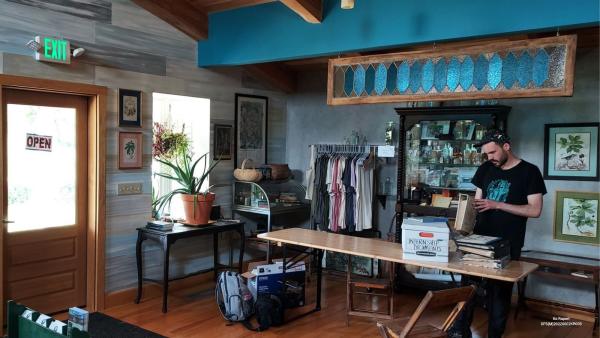
These people have dedicated themselves to preserving these plants and sharing their priceless knowledge. A handful are those who work here and care for the land full-time. Others are members of the local community, for whom the land and the newly built ‘Welcome Center’ serve as host for graduations, wedding receptions, and other events. Even more pass through briefly, lending their hands and their care to tending this place, finding themselves changed by it in ways both great and small, before traveling on to whatever awaits them further along their path.

United Plant Savers is a beautiful bubble, but one with global reach, because the plant sanctuary here is unique, and offers unique opportunities for the growth of both plants and people. One of their core programs is the internship, formally titled the Medicinal Plant Conservation Certificate Program (MPCCP). Interns come from around the world to attend this seasonal, 6-8 week opportunity for immersion in working with the land, giving hands-on experience with all kinds of skills. The program isn’t meant to be profitable (at best it breaks even) but it is absolutely central to the work United Plant Savers is striving to do. It not only physically preserves these plants through the work the interns do, but also shows people why they need preservation.
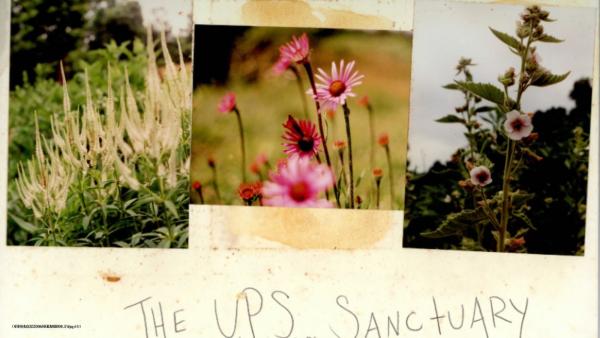
People tend to come to the Internship program at a crossroads in their lives. The experience is transformative, and many leave with a new direction. Such direction is not always toward working with medicinal plants, but for Emma Rose Huggins, it simply solidified her commitment.
Emma grew up surrounded by plants and alternative medicines. After she studied botany in Florida and with the royal botanist in Nepal, her MPCCP internship experience created a lasting connection with the plants of this particular place. She spoke about how UpS was a place people could heal without fear, and has put down roots not far from the UpS Sanctuary.
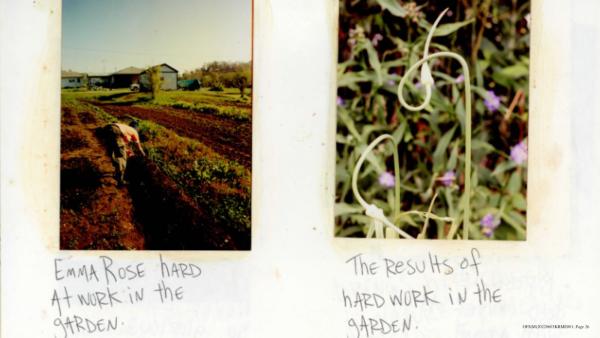
Emma and her husband Hank have restored a prairie full of edible and medicinal plants on the land they bought together. When asked about her and Hank’s role in the prairie restoration movement, she said “we would like like to produce things that help the world [learn more about prairie restoration], because we have, you know, the experience and the photos and the stories to help show people how to grow a prairie and burn a prairie and how fun it would be.”
Emily Canosa, meanwhile, who came to the internship in 2013, initially thought that she wanted to train to be an herbalist. After her time at UpS, she left knowing that this was not, in fact, the path for her. Instead, she wanted to work in education and food systems. She has since gone on to manage the Sustainable Learning Community at University of Michigan, and just transitioned to a role focused on democratizing education.
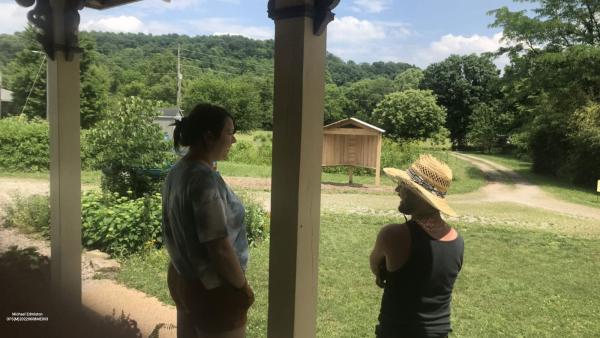
Katey Patterson’s life also led her away from United Plant Savers for a long time before eventually bringing her back. She grew up in a small town not too far from UpS. Katey left Southeastern Ohio for college, but she returned later in life and was amazed to discover that the United Plant Savers Sanctuary had been there all along. She attended the MPCCP internship in 2015, and while she continued to travel afterward (working as an adventure-tour guide for a number of years), her path eventually brought her back to UpS when she needed to do another extended internship for her degree program at Ohio University in 2020. While nearly everywhere else was closed due to the pandemic, UpS was there for her, and she began working in the office. Now, Katey is UpS’s Office and Program Manager. She wants to help strengthen the connections between UpS and local communities, and her roots in the area put her in a unique position to do so.
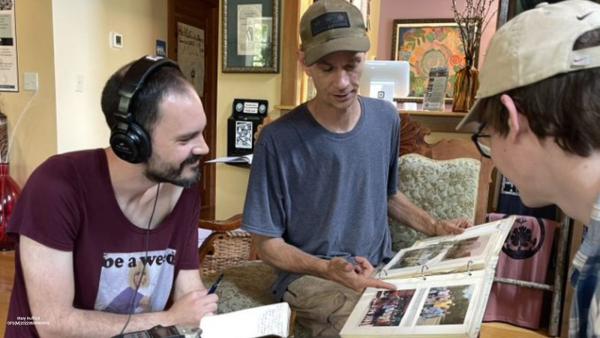
Chip Carroll, the coordinator of the MPCCP and the primary steward of the sanctuary grounds (and a former intern from when the MPCCP was in its infancy), also spoke about the efforts that UpS has made to build bonds with the people who live nearby, often by way of the internship program. From interns volunteering their time doing landscaping for the Post Office, to simply showing up at the farmer’s market and talking to people one-on-one, to showing people how to plant ginseng in their backyards.
And now, a new generation of kids is growing up in and around the UpS land. Perhaps some of them will go on to participate in the Internship program, perhaps not. Regardless, the sanctuary changes everyone who touches it.
